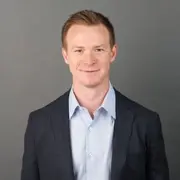
Curt Steinhorst
Author, executive and human behavior expert helping workplaces improve productivity, culture, and communication


Special Virtual Keynote by speaker Curt Steinhorst:
Special Virtual Keynote by speaker Curt Steinhorst:
Keynote by speaker Curt Steinhorst:
Keynote by speaker Curt Steinorst:
Keynote by speaker Curt Steinhorst:
Keynote by speaker Curt Steinhorst:
Keynote by speaker Curt Steinhorst:
Keynote by speaker Curt Steinhorst: